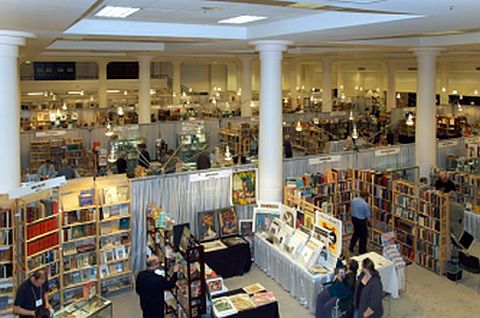
by Lionel Bender
As a regular visitor to many major conference exhibit halls, book fairs, and publisher exhibits over some 28 years, I firmly believe that these events provide unique and unequaled opportunities for children’s book authors and illustrators to learn about their industry, the marketplace, and to network with publishers, freelancers, and others on whom they depend for successful careers. However, I am aware that many authors, editors, and illustrators don’t realize they can attend these events; believe that, if they have an agent, they don’t need to attend; are dissuaded from going; or believe the investment of time and money is not worthwhile.
In the States, there are national and regional book fairs and exhibitions held throughout the year organized by the American Library Association (ALA), National Science Teachers Association (NSTA), National Council for Social Studies (NCSS), National Council for Teachers of English (NCTA), American Association of School Librarians (AASL), International Literacy Association (ILA), education boards, and others. There is also Book Expo. Internationally, there are major book fairs in Bologna, London, Frankfurt, and Beijing. Attending the major book fairs may be costly for travel and accommodation, but local or regional fairs are easily accessed and affordable—entrance fees for the exhibit halls are usually less than $50. [Some publishers and publishing people do attend book festivals, but few if any of the following opportunities arise at such events.]
At book fairs and in conference exhibit halls you can achieve all or some of the following:
1. see what publishers have produced and, in many cases, are about to publish;
2. discover the most likely publishers for your work;
3. identify the editors or art editors you need to approach and get their contact details;
4. determine publishers’ procedures for submissions or applications;
5. collect publishers’ catalogs and sample books or have them sent to you or your school;
6. identify non-traditional outlets for your work;
7. attend author signing sessions and get an insight into book marketing and social networking;
8. sense new trends and get ideas for new projects by reviewing what others are doing;
9. see some digital developments on display and test them out;
10. attend workshops, presentations, and panels given by industry leaders;
11. network with other authors, illustrators, and freelancers and share information and experiences.
Do bear in mind that you can’t just turn up and expect success. You need to prepare in advance; have a plan of action on the day; and follow up after each fair. Also, you need to respect and acknowledge the business of fairs, and be friendly, polite … but a little pushy and firm! If you decide to visit a book fair, do find out about the format and focus of the fair before you go, and do seek as much advice as you can about how to try and achieve the maximum benefits. I find each and every book fair rewarding and, in one way or another, well worth the time, effort, and expense.
For details of key conference exhibitions and book fairs see the following websites:
http://www.bookexpoamerica.com
http://www.bookfair@bolognafiere.it
Lionel Bender is an author, editor, and director of book packager Bender Richardson White (see: www.brw.co.uk), which produces children’s illustrated nonfiction. His company offers an in-depth guide on maximizing opportunities at book fairs and conference exhibit halls. For details to purchase this contact Lionel at lionel@brw.co.uk
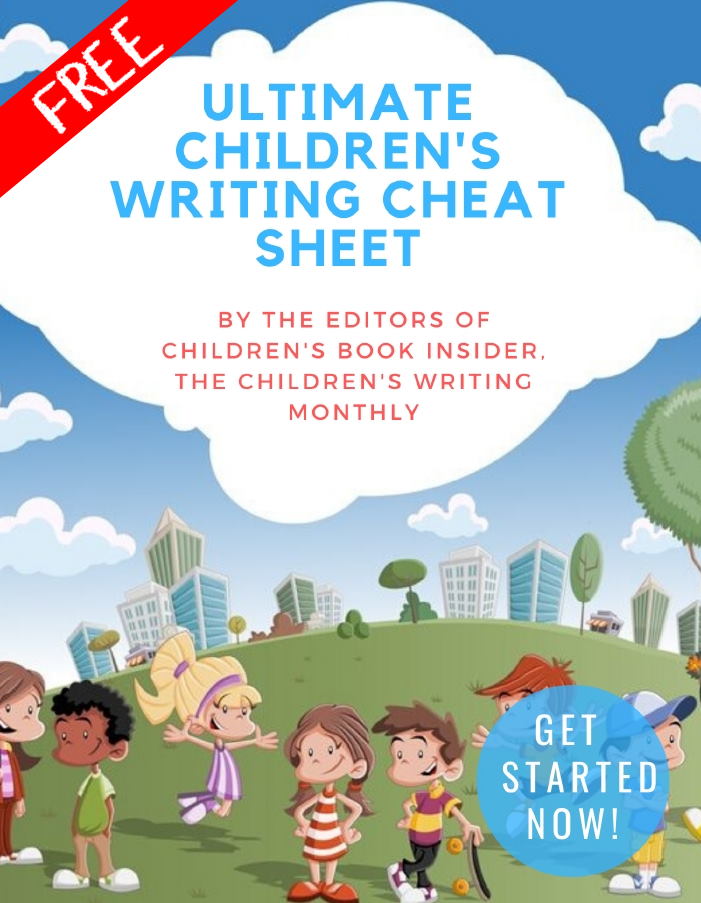
✏ Word Counts & Age Groups for Every Kidlit Category
✏ FAQs, Glossaries and Reading Lists
✏ Category-specific Tips, from Picture Books Through Young Adult Novels
✏ 5 Easy Ways to Improve Your Manuscript
✏ Writing For Magazines …and more!
This is a gift from the editors of Children’s Book Insider, and there’s no cost or obligation of any kind.
We will never spam you or share your personal information with anyone. Promise!
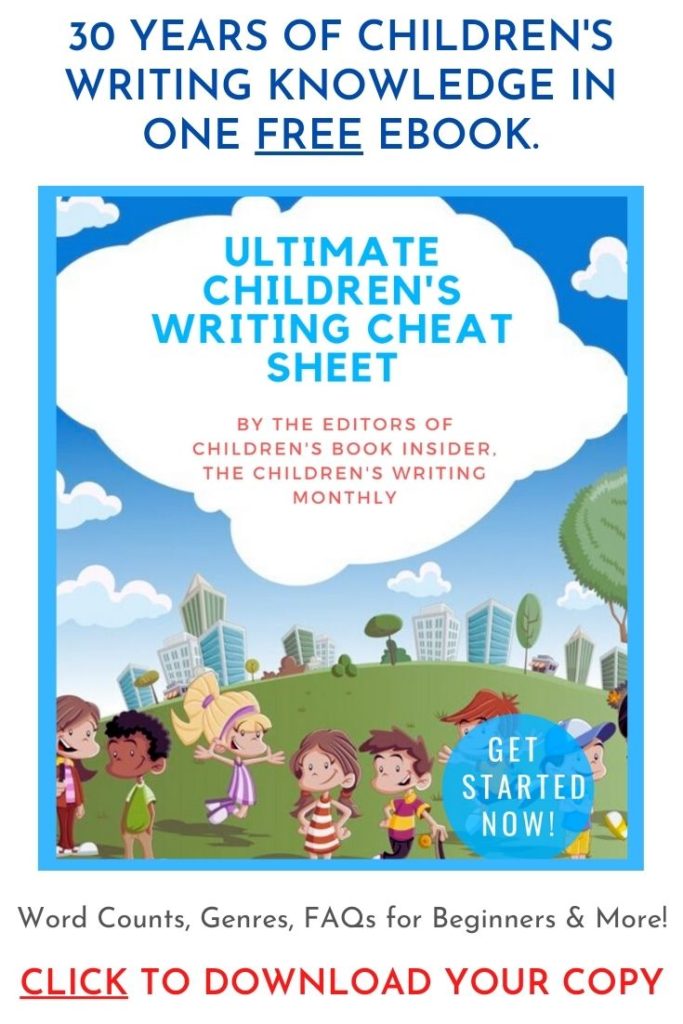
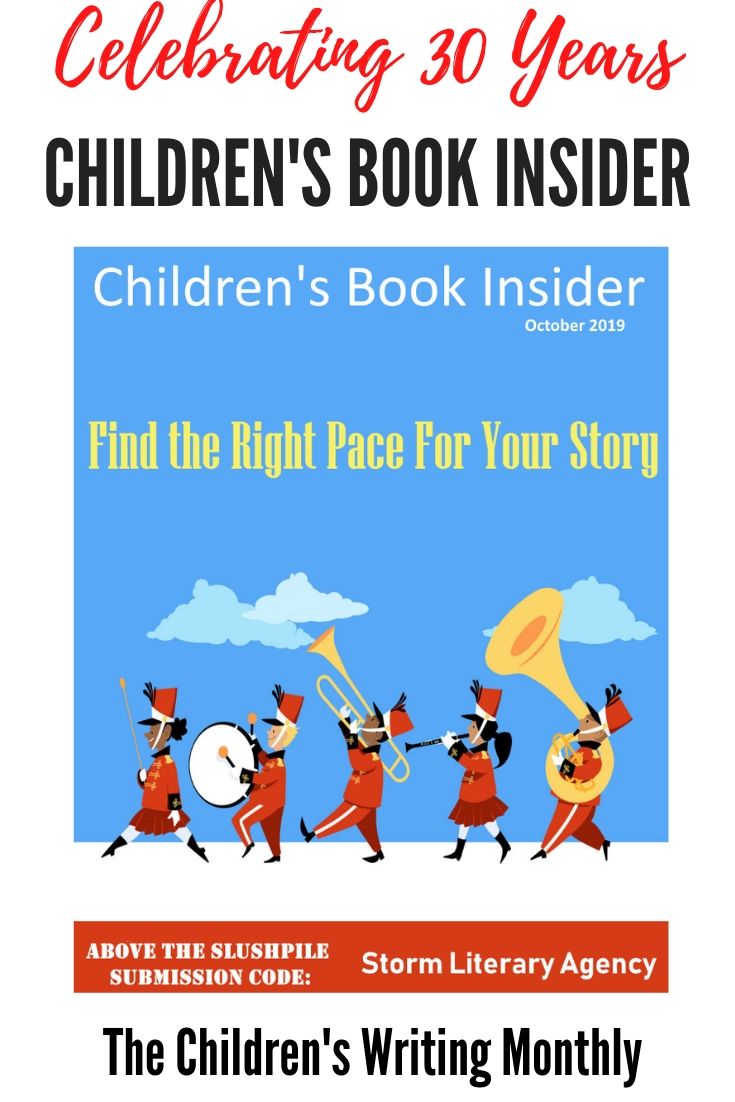
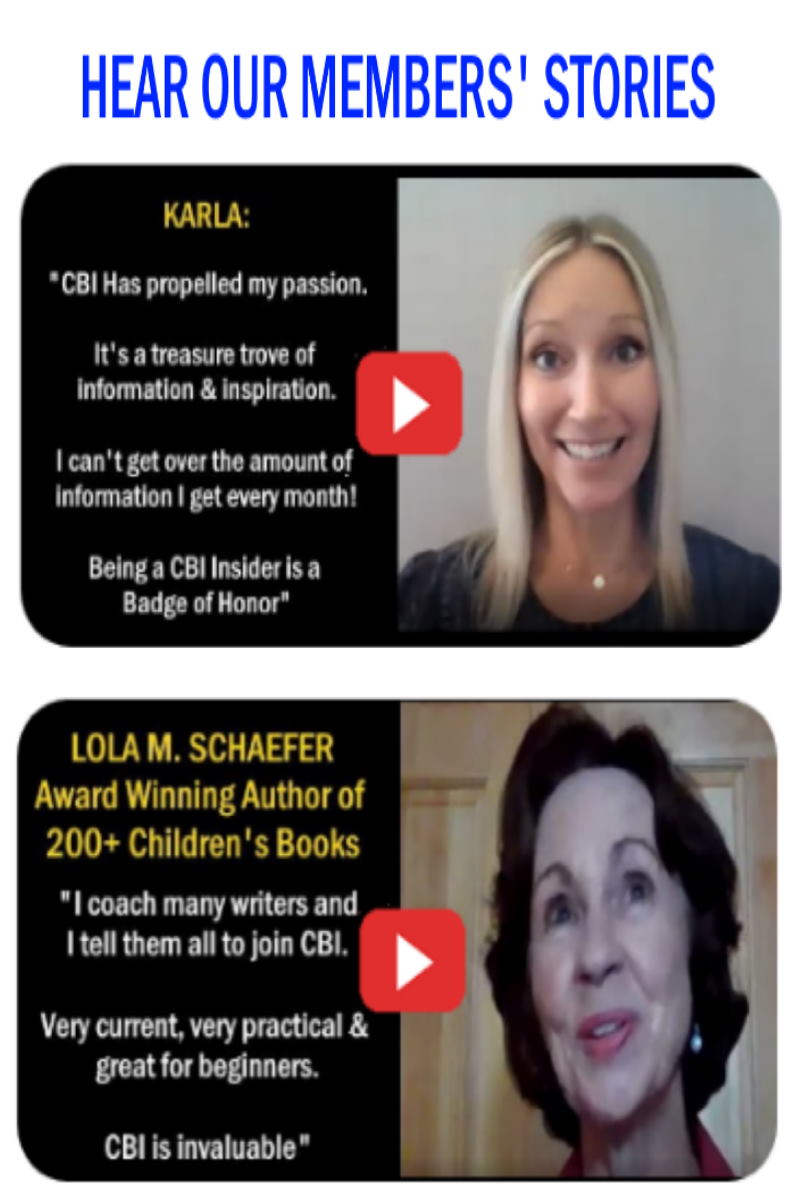
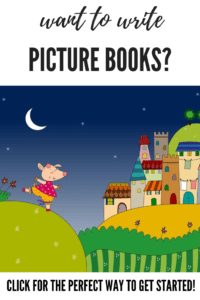


While gatekeepers kept me out of the stands of Usborne and Walker Books at Bologna, when I arrived well-dressed between other publishers’ appointments their personnel asked who I was and what I was looking at, wondering if I was their next appointee. I said ‘I am an author looking to see if you have any books likely to compete with my new one…’ (They were all curious to find out if mine would compete with a book of theirs, and were eager to chat) ‘…and I’m also looking to see if you have any gaps in your list that I may be able to fill.’
Publishers often do want a book on a specific subject, but don’t advertise the fact.
I studied a wide range of papercrafts at art colleges and in the past I’ve also been a biologist, school teacher, museum curator and natural history freak.
My book at that time was Practical Calligraphy, pub. Hinkler Books, and a Canadian publisher at Bologna also had a new calligraphy book on their stand. They said ‘…but we didn’t really want a calligraphy book. What we actually wanted a book on drawing borders, but we didn’t find anyone to write it.’ What an opportunity! I can send a proposal and sample chapter on a creating border designs…
Trying the same lines at the London Book Fair, I suggested to one publisher, GMC Publications, that I could write a ‘Fun Lettering for Children’ book for them, but they said ‘What we’d really like is a book for adults on ‘Calligraphy for Greetings Cards and Scrapbooking’ – which I created over two years and didn’t follow up on other leads.
At Bologna and the LBF I also found publishers wanting books written on papermaking, recipes that children can cook, the sea shore, baby elephants, fungi, kangaroos, small furry animals, and more. I wonder if any of the publishers still want a book on any of these topics – I’ve kept their business cards?
But just knowing that a publisher wants a book on fungi may not be enough to write a successful proposal and sample chapters. Attending a major book fair such as Bologna is useful to see each overseas publisher’s ‘house style’, especially in a series, and their books may never appear on a bookstore or library shelf for consultation at home, in my case, in Australia.’
I found this article super helpful. Lionel knows what he speaks of.
this is was amazing